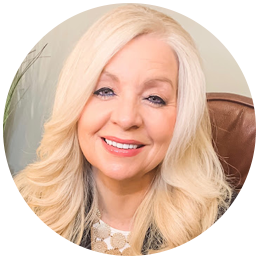Coaching for Emotional Intelligence

by | Flourishing in Ministry News

Daniel Goleman’s Emotional Intelligence Theory Model
Research shows 85% of your success in work, no matter how intelligent or skilled you are, is going to be determined by your attitude and your personality. Your overall success, how much you are paid, and how fast you are promoted will be largely determined by how much people like you and want to help you.
Just a little increase in Emotional Intelligence can make a big difference in your life. We all love to live and work with people who have good EQ.
Self-awareness is being able to understand your own emotions and their impact on your performance. You know what you are feeling and why—and how it helps or hurts what you are trying to do.
You sense how others see you and your self-image reflects that larger reality. You have an accurate sense of your strengths and limitations, which gives you a realistic self-confidence. It also gives you clarity on your values and sense of purpose, so you can be more decisive when you set a course of action.
– Daniel Goleman
EMOTIONAL INTELLIGENCE:
- Being in tune with your emotions
- Having self–control over your reactions
- Being able to read what other people are feeling through their eyes and body language.
- Being able to have empathy for others
Daniel Goleman who is considered the father of Emotional Intelligence says if you want to coach others to have good EQ it starts with you practicing emotional intelligence. I find that the great thing about EQ is it can be increased. Try to daily grow your EQ in your own life, because great coaches apply emotional intelligence throughout their coaching. They remain calm in difficult situations, with emotional balance.
They rely on empathy to understand their clients’ perspectives and give on- target, individualized feedback. They have a genuine interest in helping clients find growth opportunities—an essential part of the coaching process.
Some simple practices that can aid your personal development of EQ are self- reflection, such as through journaling, which helps us better recognize our emotions and their impact on us. This is helpful for emotional self-awareness and emotional balance. When we can attune ourselves to the present moment, we become more present: better listeners and leaders.

Dr. Sylvia Hart Frejd MCC, NBC-HWC, has a Master’s Degree in Christian Counseling, and a Doctorate in Leadership. Dr. Frejd’s coaching specialties are Emotional Intelligence, Women in Leadership, Starting a Coaching Business, Health and Wellness, and Spiritual Formation. View Bio

